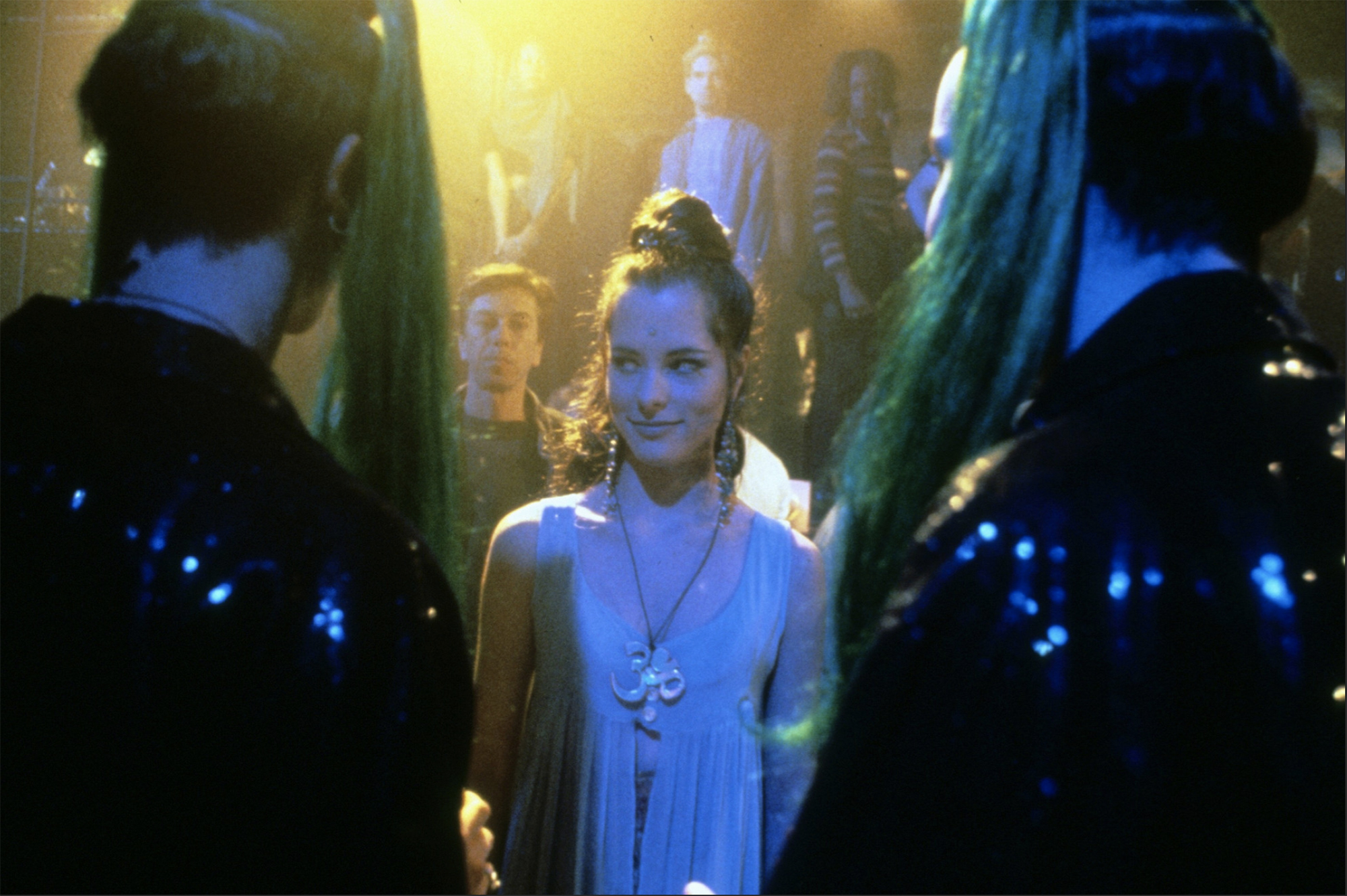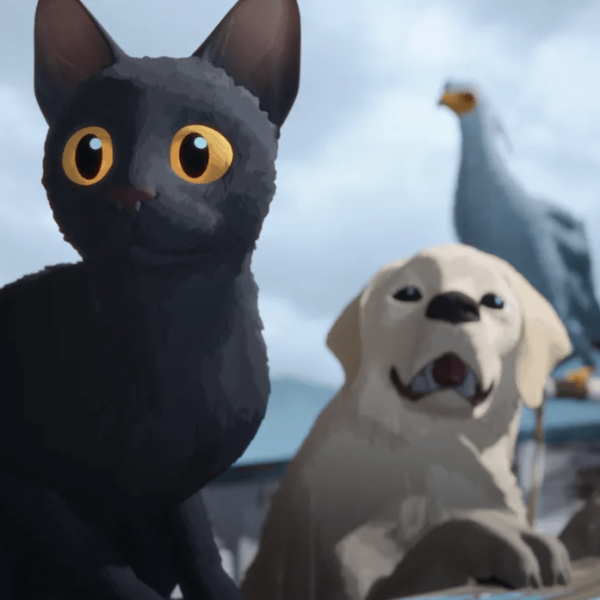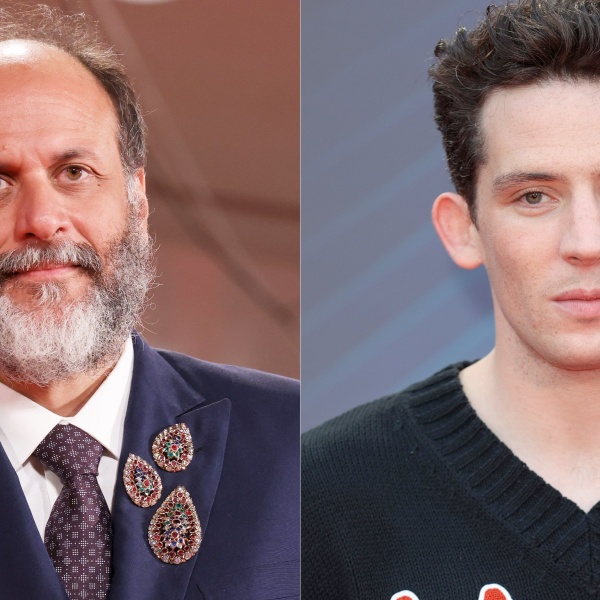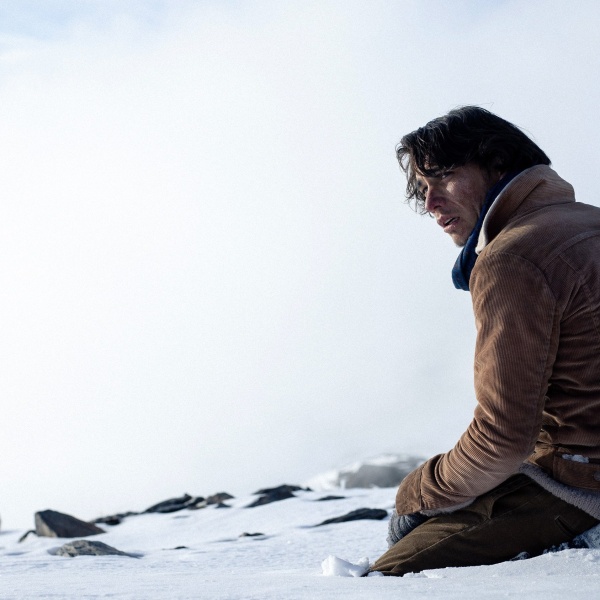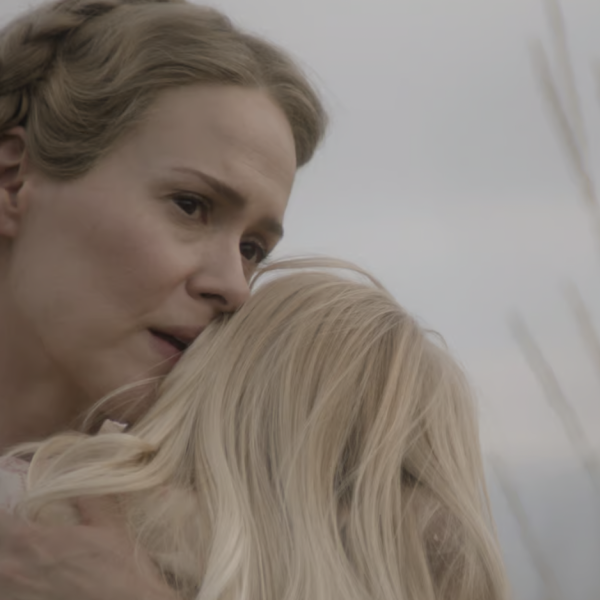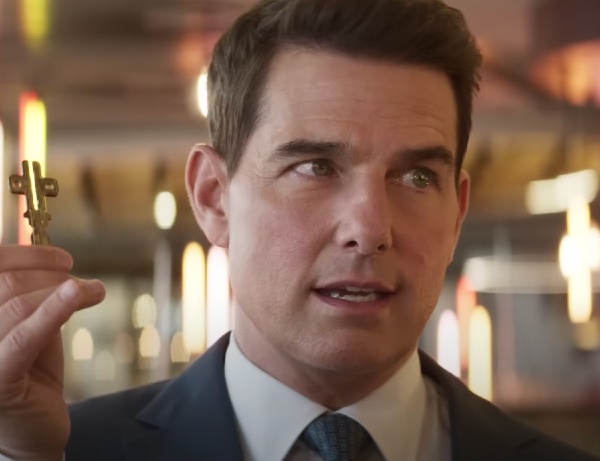“There’s nothing worse than miscasting,” casting director Laura Rosenthal told IndieWire. Not that she speaks from her own experience. As Todd Haynes’ go-to casting director since “Far from Heaven,” Rosenthal has assembled some of the most memorable casts of the last few decades, including “The Kids Are All Right,” “A Quiet Place,” “Chicago,” and “Analyze This.”
Now she and fellow acclaimed casting director Ellen Lewis — Jim Jarmusch and Martin Scorsese’s longtime casting director and the woman behind the casting of everything from “A League of Their Own” to “Killers of the Flower Moon” — are being honored by The Museum of Modern Art (MoMA) with the retrospective series The Craft: Casting Directors Ellen Lewis and Laura Rosenthal, running June 1–16.
The series highlights some of their most acclaimed work, as well as some films that may not be as well known. Among the offerings being screened are Scorsese’s “Goodfellas,” the Stanley Tucci-directed “Joe Gould’s Secret,” and Daisy von Scherler Mayer’s “Party Girl,” starring Parker Posey in one of her breakout roles.
Lewis and Rosenthal spoke to IndieWire over the phone separately about their careers and the subtle craft of casting.
Casting in the Age of Zoom
As with so many other aspects of life, the COVID-19 pandemic sped up a reliance on technology in the casting industry.
While many actors fear that Zoom auditions and self-tape submissions might reduce the intimacy of being in the room, Lewis thinks the process has simply shifted. “I think you can still make a very strong connection with people as long as you are looking at each other,” she said. “They can see you, you can see them. You are making sure that they’re not just getting on the Zoom when you’re immediately starting to read with them.”
That attitude harkens back to a lesson Lewis learned as Juliet Taylor’s assistant, which Taylor passed on from Marion Dougherty, who invented the role of casting director alongside Lynn Stalmaster: Create a welcoming environment for all actors. “It’s very difficult to have to audition for roles and face constant rejection. And you want people to be the best that they can do,” Lewis said. Some of that is as simple as remaining receptive to an actor’s requests: “Ask if they need anything or answer questions if they have them.”
As Rosenthal pointed out, “If [COVID] happened a decade ago, I think the whole business would have been shut down. I don’t know how we would have done it. That’s the positive thing of technology, figuring it out. For me, I miss so much and I long for a certain in-person [casting process]. I’m so thankful we figured out a way to keep at it.”
All About Relationships
Director-actor combos have defined and elevated careers for decades, from John Ford and John Wayne, Akira Kurosawa and Toshiro Mifune, to Haynes and Julianne Moore. But similar relationships exist between actors and casting directors.
“It’s a compliment when you really have an exciting relationship with an actor and you keep on working with them,” Rosenthal said. Rosenthal and Lewis both frequently bring in actors based on personal, long-term relationships. “Each of the films has their own world. You’re always being exposed to new actors who seem like they might be right for a period or for a world they’re creating,” Lewis said.
“If you read a script and the part is fantastic, you think about really good actors that would embrace [it],” Rosenthal said. “Often it’s like, ‘Gosh, I haven’t seen them do this exactly. Maybe this would be appealing.’” It’s significant for casting directors to be open to the actors’ needs. Rosenthal thinks about “what’s in it for them? Why haven’t they tried it before? Maybe this is the right time to do it? Maybe they feel safe? Maybe who is directing? And it’s like, ‘Wow, I haven’t tried this before, but I feel safe with this director, and this is the right time for it.’”
“I tend to keep my imagination open,” Lewis added. Ray Romano was best known for his sitcom “Everybody Loves Raymond” when his agent approached Lewis about the record company’s promotions head in HBO’s “Vinyl.” Initially unsure, she ended up casting Romano after he sent her a self-tape and nailed the role. Since then, Lewis has cast him as the head of a school board in “Bad Education,” Jimmy Hoffa’s attorney in “The Irishman,” and NASA’s deputy director in the upcoming Greg Berlanti film “Project Artemis.”
What Makes a Great Casting Director
According to Rosenthal, one of the main traits of a great casting director is the ability to find “true intimacy” and “a language with the filmmaker” to realize their vision. “My job is to help realize the vision of the film by my palette,” she said. “My canvas is the people, so I want to cast it so that you [the audience] are emotionally engaged and the film works.”
